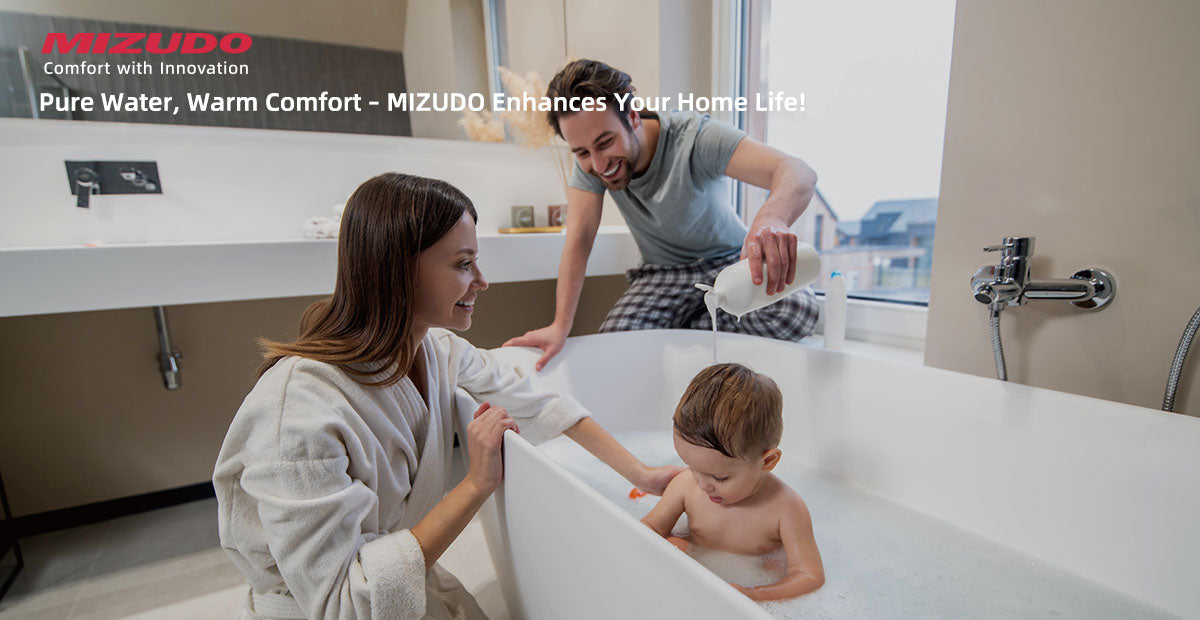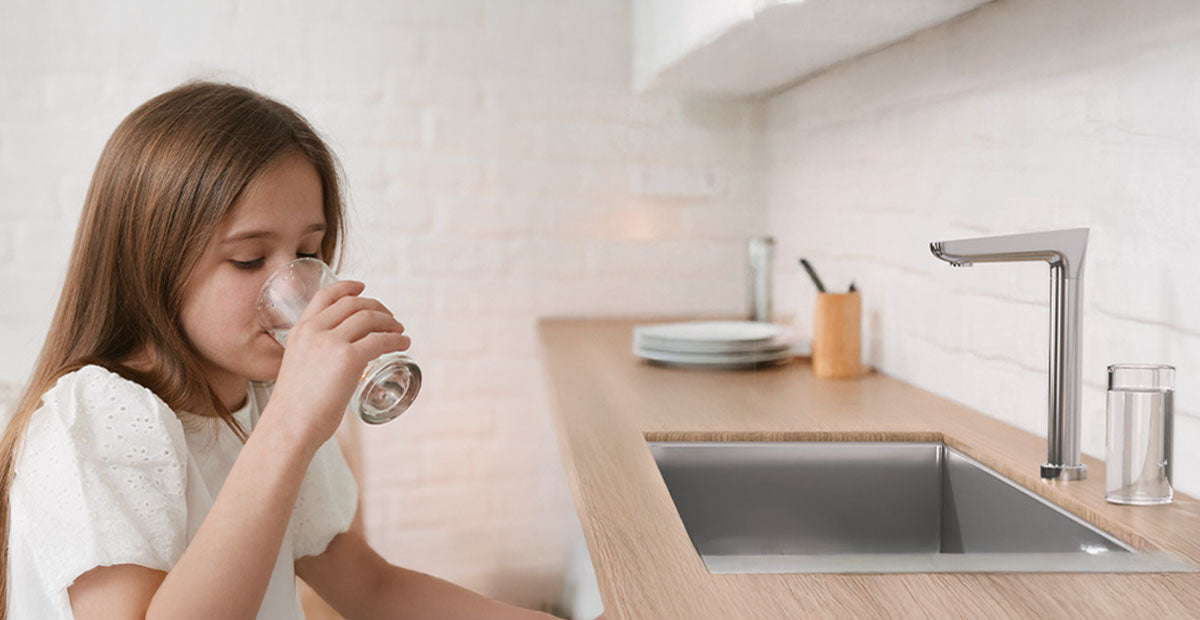Why Soft Water is the Smart Choice for Your Home

Water is a fundamental part of daily life, but not all water is created equal. If you’ve ever struggled with stubborn limescale, dry skin, or spotty dishes, you might be dealing with hard water. Soft water, on the other hand, offers a superior experience—one that protects your appliances, enhances your self-care routine, and even saves you money in the long run. Let’s explore the differences and see why soft water is the clear winner.
What is Hard Water?
Hard water contains high levels of dissolved minerals, primarily calcium and magnesium. While these minerals aren’t harmful to drink, they wreak havoc on your plumbing, appliances, and even your personal care routine.
Signs You Have Hard Water
- Soap doesn’t lather well. You end up using more detergent, shampoo, and soap to compensate.
- Limescale buildup on faucets, shower heads, and appliances. This crusty, white residue shortens the lifespan of your home’s plumbing and increases maintenance costs.
- Dry skin and brittle hair. Hard water strips away natural oils, leading to irritation and dull, lifeless hair.
- Strong, spotty dishes and glassware. Even after washing, hard water leaves behind visible mineral stains.
-
Decreased appliance efficiency. Your water heater, washing machine, and dishwasher must work harder, consuming more energy and wearing out faster.

What is Soft Water?
Soft water has been treated to remove excess minerals, typically through a water softening system that replaces calcium and magnesium with sodium or potassium ions. This small change makes a huge difference in water quality and overall home efficiency.
The Benefits of Soft Water
- Soap and shampoo lather effortlessly: Your showers will feel luxurious, and you’ll use less product.
- No more limescale buildup: Appliances stay cleaner and function efficiently, saving you costly repairs.
- Healthier skin and shinier hair: Soft water hydrates rather than depletes moisture, reducing dryness and irritation.
- Crystal-clear glassware and spotless dishes: Say goodbye to water stains and cloudiness.
-
Lower energy bills: Without mineral buildup, water heaters and appliances run smoothly, consuming less energy.

Why Soft Water is the Best Choice
Let’s break down how soft water outperforms hard water in every aspect:

The Hidden Costs of Hard Water
Many homeowners underestimate the true cost of hard water. Over time, mineral deposits in pipes, water heaters, and appliances force them to work harder, leading to increased energy consumption and frequent breakdowns. Hard water-related issues can cost hundreds—if not thousands—of dollars in repairs and replacements.
Additionally, the impact on skin and hair shouldn’t be ignored. Hard water can worsen conditions like eczema and dandruff while making moisturizers and conditioners less effective.
Common Myths About Soft Water—Debunked!
Myth #1: Soft water tastes salty.
The sodium added during water softening is minimal—far below the levels found in processed foods. Most people can’t taste the difference.
Myth #2: Hard water is healthier because it contains minerals.
While hard water has calcium and magnesium, these minerals are better absorbed through food. The damaging effects on plumbing, appliances, and skin far outweigh any benefits.
Myth #3: Soft water systems waste water.
Modern water softeners are highly efficient, using minimal water while providing long-term cost savings.
Make the Switch to Soft Water Today
If you’re ready to enjoy cleaner dishes, healthier skin, energy savings, and longer-lasting appliances, it’s time to switch to soft water. Installing a high-quality water softening system is an investment that will pay for itself in lower maintenance costs and improved water quality.

Final Thoughts
The verdict is clear: soft water enhances every aspect of home and personal care. Why continue struggling with the downsides of hard water when a simple solution exists? Make the switch today and experience the transformative benefits of soft water!
Do you have hard or soft water at home? Share your experience in the comments!


